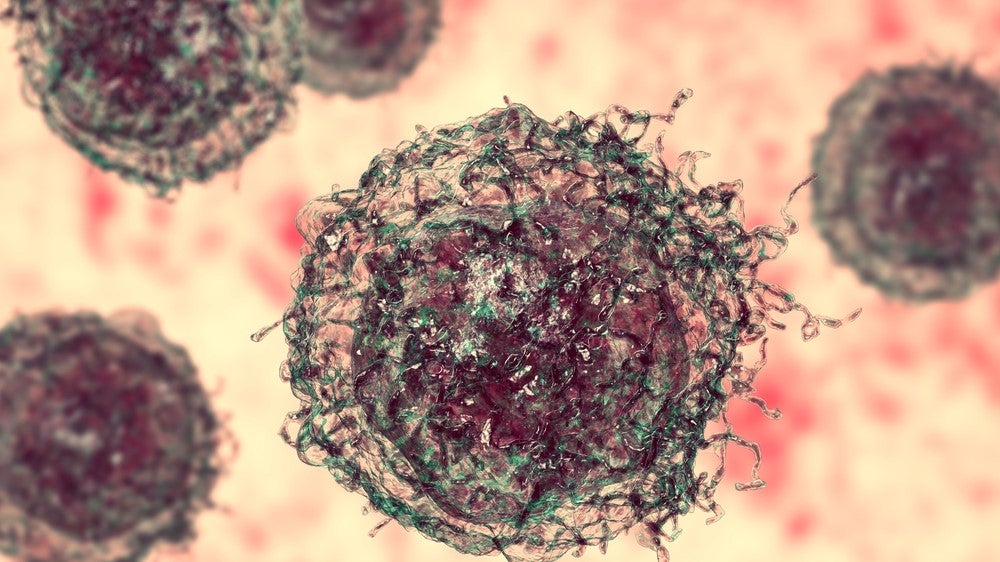
Sellas Life Sciences Group (Sellas) has reported positive topline Phase I results for its cancer vaccine, galinpepimut-S (GPS), in combination with Bristol-Myers Squibb’s Opdivo (nivolumab) in relapsed or refractory malignant pleural mesothelioma (MPM).
Sellas CEO Angelos Stergiou stated: “In our GPS trials completed in previous years, we have observed and reported increased survival in the maintenance therapy setting, which is the primary setting for our GPS therapy.

Discover B2B Marketing That Performs
Combine business intelligence and editorial excellence to reach engaged professionals across 36 leading media platforms.
“This year, we have seen in two studies where GPS appears to increase the survival benefit in active disease when combined with checkpoint blockade drugs, one with relapsed/refractory WT1 positive ovarian cancer and now in relapsed/refractory WT1 positive mesothelioma.”
GlobalData forecasts the global sales for therapeutic cancer vaccines to reach $4bn by 2028.
GlobalDala is the parent company of Clinical Trials Arena.
GPS is also being investigated in an open-label Phase I/II study (NCT03761914) as a combination therapy with MSD’s Keytruda for other advanced cancers, including acute myelogenous leukaemia, and ovarian cancer.

US Tariffs are shifting - will you react or anticipate?
Don’t let policy changes catch you off guard. Stay proactive with real-time data and expert analysis.
By GlobalDataPhase I data
The open-label, single-group Phase I study (NCT04040231) enrolled ten patients with MPM in the US, nine of whom received the study-specified combination therapy.
The median survival rate was 17.6 months in the nine patients, with a median overall survival of 15.6 months in patients with stage IV MPM (four patients) at the start of the study.
A number of adverse events were observed by all the patients during the study. Treatment-related toxicities were observed in seven patients, with six reporting Opdivo toxicity. Severe adverse events requiring hospitalisation were reported in three cases. Three GPS-related mild adverse events were also observed.
Additional immune response data is expected by the fourth quarter of 2023.





